The power of sport
In the midst of pessimism, a World Cup win can bring Pakistan’s divided population together.
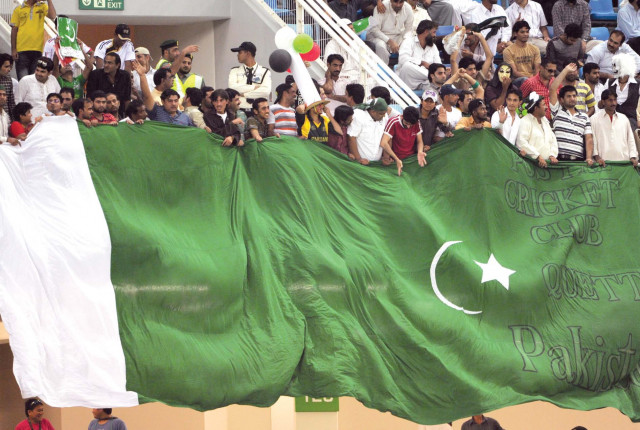
During the apartheid era, racially-segregated sport was a highly divisive issue, as exemplified by the case of Cape Town cricketer Basil D’Oliviera, a world-class talent who just happened to have the “wrong” colour of skin. Disqualified on the grounds of race, D’Oliviera moved to England in 1960, becoming one of the stars of the English team.
Selected for a 1968 tour of South Africa, the apartheid government barred him – an act that offended even the crustiest British conservatives. It set off a chain reaction turning South Africa into an international pariah.
It was also a sporting moment that first helped to heal the country’s racial rift. In 1992, South Africa returned to the Olympics for the first time since it was barred 32 years earlier. In the women’s 10,000-metre finals in Barcelona, two runners dominated the field, running shoulder to shoulder, lap after lap, way ahead of the field. One was South African Elana Meyer; the other was Ethiopian Derartu Tulu.
With just metres to go, Tulu found the strength to “kick” ahead of Meyer and become the first African woman to win a major Olympic title. But the big moment was to follow, when Tulu and Meyer embraced and then ran a lap of honour together, each draped in her country’s national flag, a white Afrikaner and a black African together.
South Africa was selected to host the 1995 Rugby World Cup, and there was a remarkable surge of support for the Springboks among the white and black communities, even though ranked number nine, no one expected South Africa to do well. This was the first major event to be held in what Archbishop Desmond Tutu had dubbed “the Rainbow Nation.” South Africans got behind the ‘one team, one country’ slogan but the then president Nelson Mandela felt the nation needed this victory, if it was to truly become the Rainbow Nation.
Wearing a Springbok shirt, Nelson Mandela presented the trophy to captain Francois Pienaar, a white Afrikaner. The gesture was seen as a major step towards the reconciliation of white and black South Africans.
Is it any surprise then that the UK hopes to use the same momentum as surmised in this quote from 2006 by David Miliband: “We need to use the six years up till 2012 ... to promote sporting activity across racial and religious boundaries. Sport should be a great unifier ... the legacy from the Olympics will not just be medals, or a positive image of Britain abroad, but vital bridges between communities.”
With mistrust, hate, anger and intolerance I think now Pakistan needs to win the World Cup. This could be our great unifier.
If the Pakistan team can pull off this Herculean task, they will have done more than just becoming world champions, they will have done their country a great service.
The writer is Content and Style Editor at The Express Tribune.
Published in The Express Tribune, February 2nd, 2011.

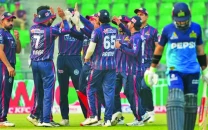
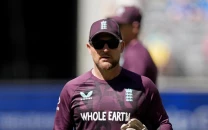
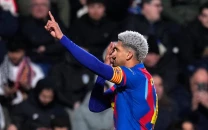
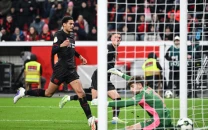
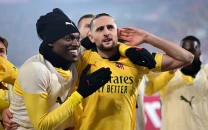













COMMENTS
Comments are moderated and generally will be posted if they are on-topic and not abusive.
For more information, please see our Comments FAQ